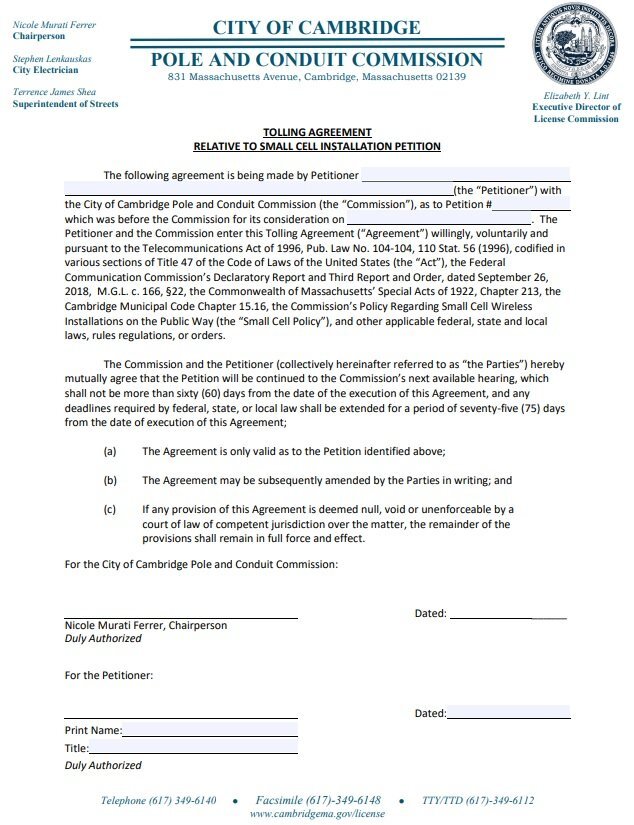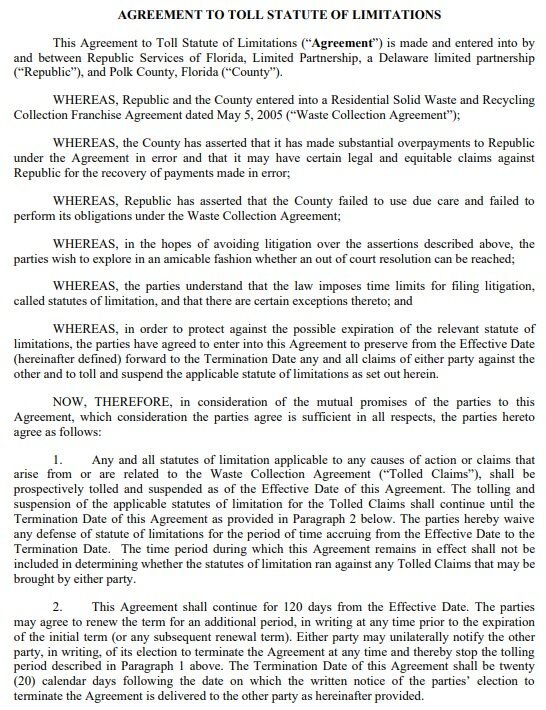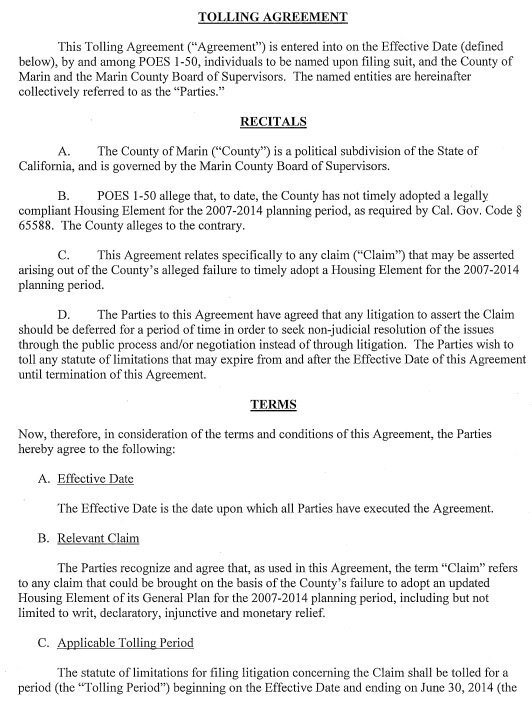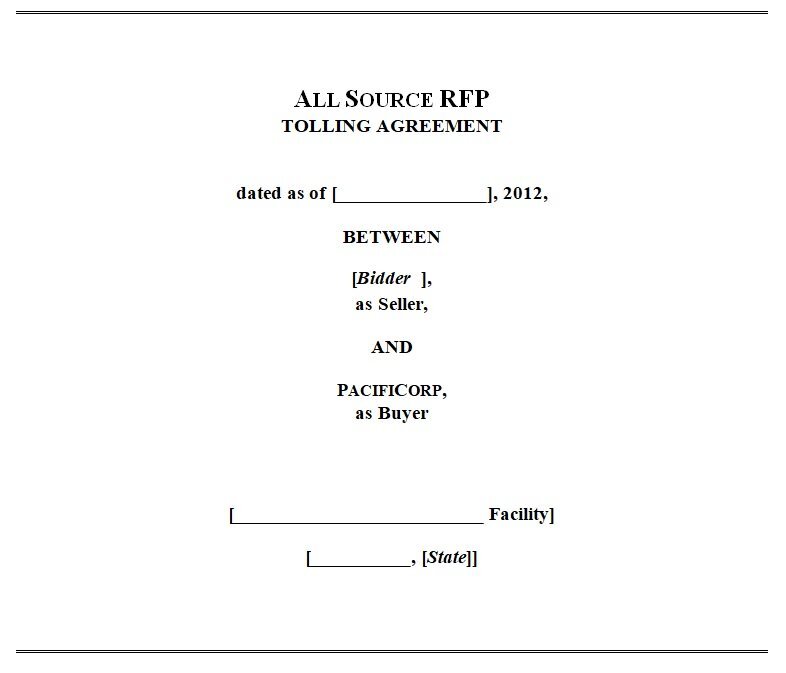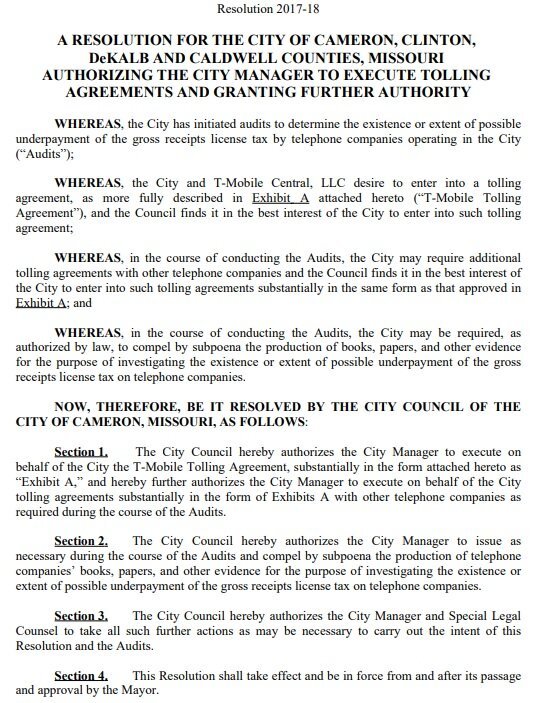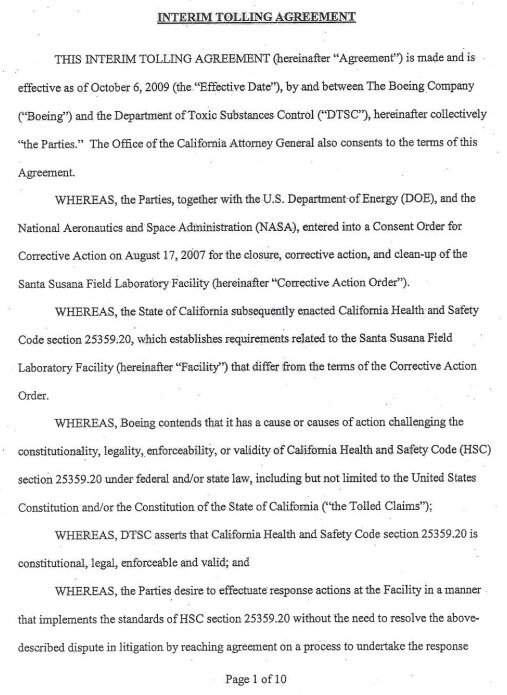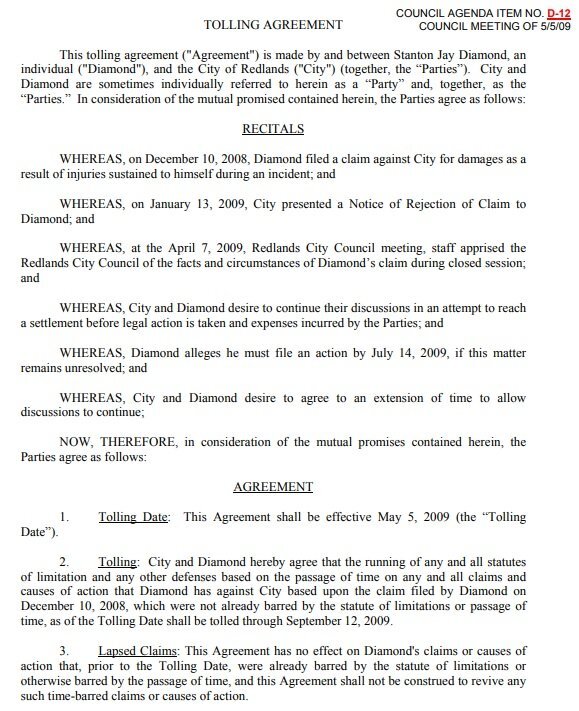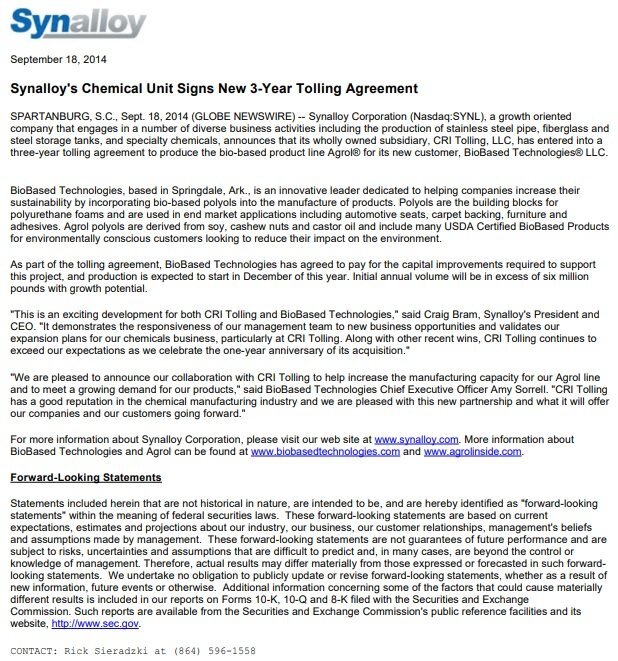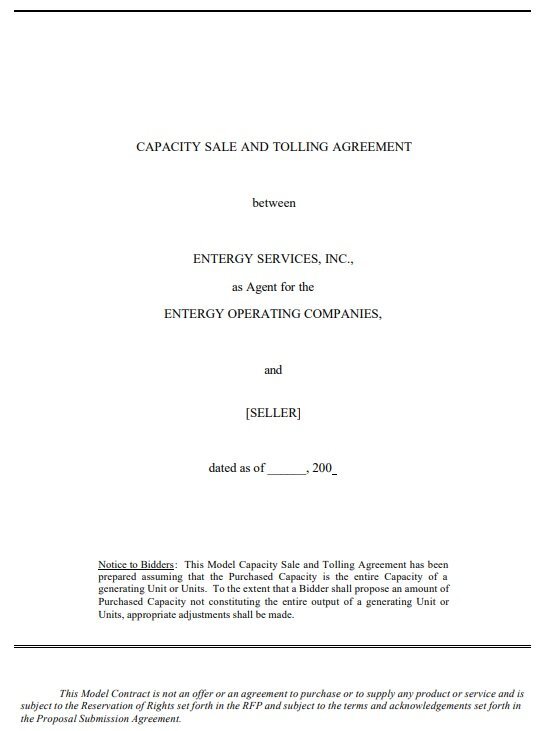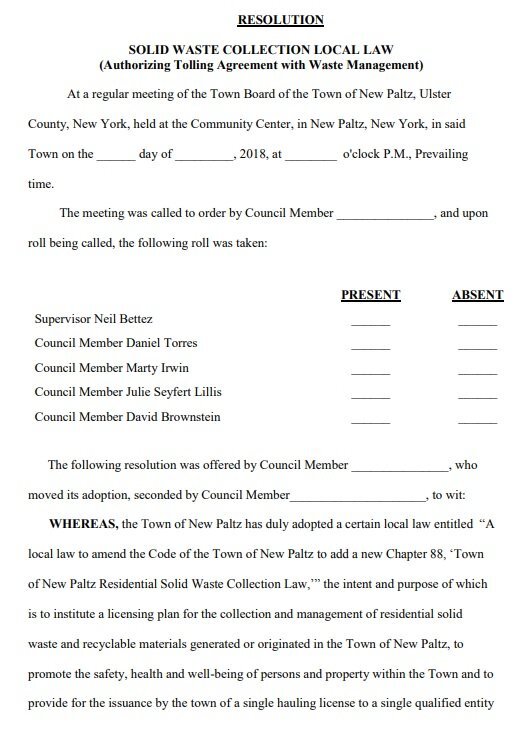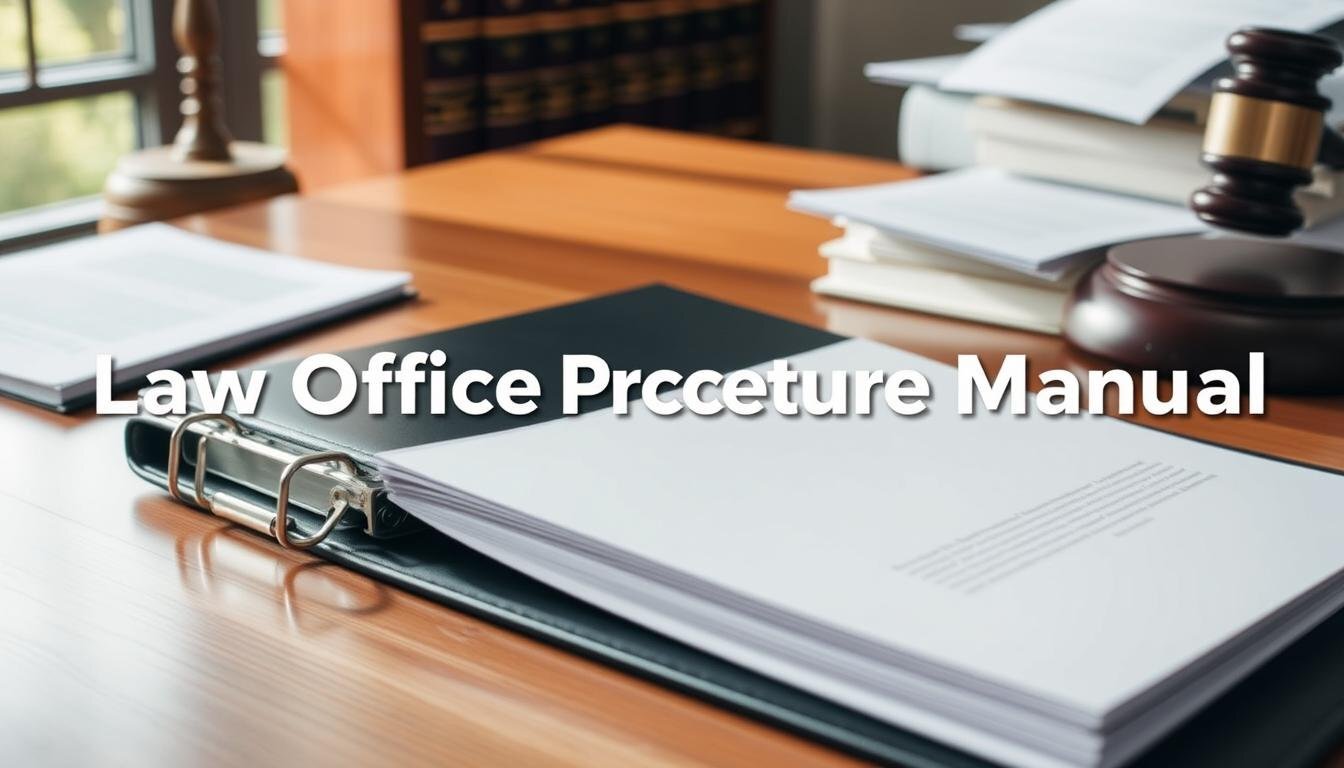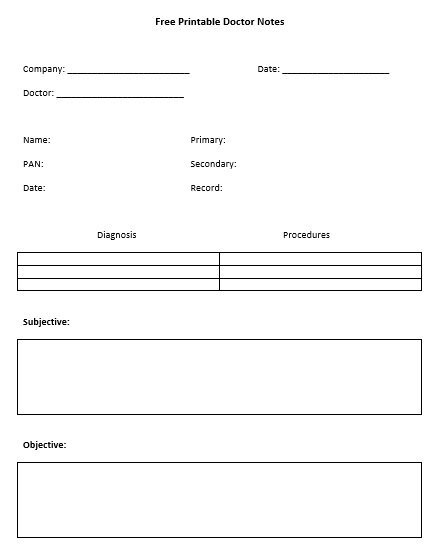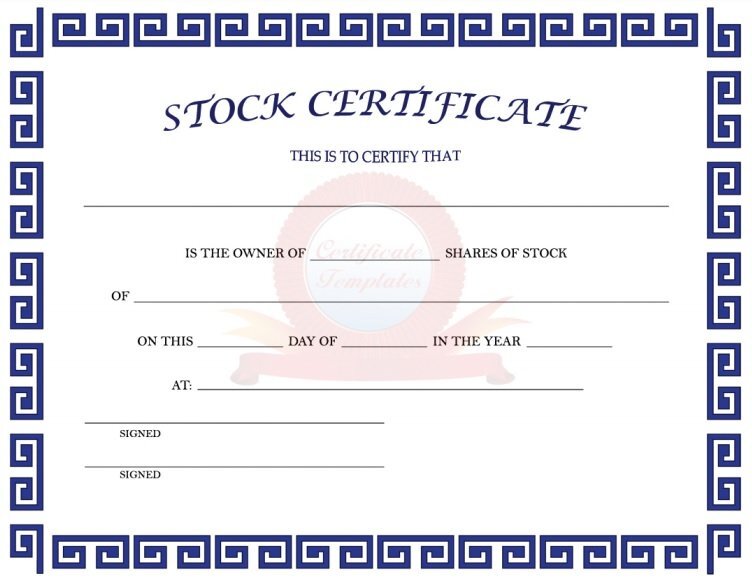Having the right contract templates is key for business success. A tolling agreement template helps set clear rules in contracts. It ensures everyone knows what’s expected. A well-made tolling agreement template is crucial in business.
This guide will dive into tolling agreement templates and their role in contracts. We’ll cover what makes a good tolling agreement and its benefits. Whether you’re new or experienced, this guide will help you understand contracts better. With the right templates, you can safeguard your business and ensure fairness.
Introduction to Tolling Agreements
Tolling agreements are common in business contracts. They outline terms and conditions, preventing disputes. Using a tolling agreement template helps tailor contracts to your needs. This is especially useful in complex industries like construction or manufacturing.
Key Takeaways
- Understanding the importance of tolling agreement templates in business contracts
- Learning how to create a customized tolling agreement template
- Recognizing the benefits of using a tolling agreement template in business contracts
- Discovering the key components of a tolling agreement
- Exploring the different types of business contracts that use tolling agreements
- Learning how to navigate the world of business contracts with confidence
Understanding Tolling Agreement Templates
Tolling agreements are key in business contracts. They help solve disputes and address issues. These agreements are legal agreements that outline partnership or collaboration terms. Knowing the basics of tolling agreement templates is important.
A tolling agreement is a contract that pauses or extends a statute of limitations. It lets parties negotiate or litigate without worrying about legal time limits. Tolling agreements are used in business disputes, intellectual property cases, and more.
Key Components of Tolling Agreements
The main parts of tolling agreements are:
- Parties involved: The names, addresses, and contact info of the parties.
- Term and duration: How long the agreement lasts, including start and end dates.
- Purpose and scope: A clear description of the agreement’s purpose and what it covers.
Purpose and Benefits
The main goal of tolling agreements is to pause the statute of limitations. This lets parties focus on resolving disputes without a deadline. The benefits include:
- Reduced stress and pressure: Pausing the statute of limitations removes the pressure of a deadline.
- Increased flexibility: Tolling agreements offer flexibility in resolving disputes efficiently.
- Improved outcomes: Focusing on disputes can lead to better results for everyone involved.
The Legal Framework Behind Tolling Agreements
The legal rules for tolling agreements are complex. At its heart, a tolling agreement is a legally binding contract. It outlines the terms of a business relationship. In business law, tolling agreements are key in solving disputes and avoiding lawsuits.
Some important parts of the legal rules for tolling agreements include:
- Statute of limitations: Tolling agreements can change the statute of limitations. This is the time limit to file a lawsuit.
- Contract law: Tolling agreements follow contract law. This law explains the rights and duties of contract parties.
- Dispute resolution: These agreements often have rules for solving disputes. This can include arbitration or mediation.
Knowing the legal rules for tolling agreements is vital for businesses. It helps them handle complex disputes and follow laws and rules. By understanding these rules, businesses can manage their relationships better and lower the chance of lawsuits.
In business law, tolling agreements are a key tool for managing disputes and avoiding lawsuits. By knowing the legal rules for these agreements, businesses can make smart choices. They can also make sure they follow the law and regulations.
A thorough understanding of the legal framework is essential for businesses to navigate complex disputes and ensure compliance with relevant laws and regulations.
| Aspect of Legal Framework | Description |
|---|---|
| Statute of limitations | Affects the time period within which a lawsuit can be filed |
| Contract law | Governs the rights and obligations of parties to a contract |
| Dispute resolution | Includes provisions for arbitration or mediation |
Essential Elements of a Tolling Agreement Template
A good tolling agreement template must have key elements to protect all parties. It’s important to think about the contract terms and templates used. This includes details about the parties, the agreement’s term, rights and duties, and who is liable.
These parts help everyone understand the agreement and their roles. By including these, businesses can make a tolling agreement that suits their needs. Using templates helps make the process smoother and ensures all important details are covered.
Some important elements for a tolling agreement template are:
- Party information: This includes the names and contact details of all involved parties.
- Term and duration clauses: This part explains how long the agreement lasts and when it can end.
- Rights and obligations: This section lists what each party must do, including any payment or delivery schedules.
- Liability provisions: This part talks about who is responsible if there’s a problem or a contract breach.
By adding these key elements, businesses can make a detailed tolling agreement template. This template protects their interests and ensures the agreement is solid. Using templates helps make sure all important information is included.
Having a well-structured tolling agreement template helps avoid disputes. It makes sure all parties know their rights and duties. By focusing on contract terms and templates, businesses can create a tolling agreement that works well for them.
Common Use Cases for Tolling Agreements
Tolling agreements are useful in many use cases in business. They help companies in different business applications. For example, they can delay a lawsuit or give more time for a task.
Some common use cases for tolling agreements include:
- Extending the statute of limitations in a lawsuit
- Delaying the filing of a claim
- Providing additional time for a party to perform an obligation
In business applications, tolling agreements help manage risks and avoid expensive lawsuits. By knowing the use cases for tolling agreements, businesses can make smart choices about when to use them.
Overall, tolling agreements are a valuable tool for businesses. They offer flexibility and protection in many situations. By understanding their use cases and business applications, companies can use tolling agreements to reach their goals and reduce risks.
Customizing Your Tolling Agreement Template
Every business is different, and so are their needs. A tolling agreement template should match these needs. This is where customization comes in. It lets businesses tailor their templates to fit their specific industry, state, or risk management needs.
A good tolling agreement template can help businesses avoid problems. It makes sure agreements are strong and can be enforced. To do this, businesses should modify their templates to include terms specific to their industry. For example, construction businesses might need to add clauses about project delays. Healthcare businesses might need to include rules about patient privacy.
- Industry-specific modifications: What unique needs does your industry have? How can you add these to your template?
- State-specific requirements: Are there laws or regulations in your state you need to follow? How can you update your template to meet these?
- Risk management considerations: What risks does your business face? How can you adjust your template to reduce these risks?
By thinking about these factors and customizing their templates, businesses can make sure their agreements work well. This helps avoid disputes and protects their interests over time.
| Industry | Customization Requirements |
|---|---|
| Construction | Project delays, payment terms, liability provisions |
| Healthcare | Patient confidentiality, data protection, regulatory compliance |
| Finance | Payment terms, interest rates, default provisions |
Best Practices for Implementing Tolling Agreements
When you start using tolling agreements, it’s key to follow best practices. This means carefully checking the agreement, knowing what it says, and making sure everyone agrees. Implementation guidelines should be clear to prevent any mix-ups.
Some important things to think about when setting up tolling agreements include:
- Clearly define the scope and terms of the agreement
- Establish a clear communication plan
- Ensure that all parties understand their roles and responsibilities
By sticking to these best practices and implementation guidelines, businesses can make their tolling agreements work well. It’s also smart to check and update the agreement often to keep it useful.

Remember, a good tolling agreement can stop problems and lead to a strong partnership. By focusing on best practices and implementation guidelines, businesses can do well and reach their targets.
| Best Practice | Implementation Guideline |
|---|---|
| Clearly define the scope and terms of the agreement | Establish a clear communication plan |
| Ensure all parties understand their roles and responsibilities | Regularly review and update the agreement |
Legal Compliance and Review Process
Ensuring legal compliance is key when making a tolling agreement. You must follow regulatory requirements that rule such deals. A detailed review is needed to make sure the agreement fits all standards.
Understanding the legal landscape is crucial. Know the laws and rules for tolling agreements in your area. This makes sure your agreement is valid and follows all laws.
Regulatory Requirements
Some important rules to think about include:
- Contract laws and regulations
- Industry-specific standards and guidelines
- State and federal laws governing tolling agreements
Attorney Review Guidelines
It’s wise to have a lawyer check your tolling agreement. They can help with legal compliance and make sure it follows all regulatory requirements. They’ll look over the agreement’s details and make sure it’s signed correctly.
Documentation Standards
Good documentation is key for legal compliance. Keep accurate records of the agreement and any changes. This ensures everyone knows their duties under the agreement.
| Documentation | Importance |
|---|---|
| Contract documents | Legally binding agreement |
| Amendments and updates | Reflect changes to the agreement |
| Communication records | Track discussions and negotiations |
Common Pitfalls to Avoid
When dealing with tolling agreements, it’s key to know common pitfalls. These can lead to costly mistakes. Clear language is crucial to avoid misunderstandings and disputes.
Understanding the agreement’s terms and conditions is vital. This includes knowing about implementation errors and enforcement issues. These can happen if the agreement is not properly executed or drafted.
Drafting Mistakes
To avoid drafting mistakes, use clear and concise language. Avoid vague terms and choose specific descriptions. A thorough review process can catch errors before it’s too late.
Implementation Errors
Implementation errors can be prevented by clear roles and responsibilities. Provide detailed instructions and guidelines. Also, set up a system for monitoring and reporting progress.

Enforcement Issues
Enforcement issues can be prevented by a well-drafted and implemented agreement. Know the agreement’s terms and conditions well. Also, have a system for resolving disputes and enforcing the agreement.
By knowing these pitfalls and avoiding them, parties can have a successful tolling agreement. Be proactive and meticulous in drafting, implementing, and enforcing the agreement.
Digital Tools and Resources for Agreement Management
Managing tolling agreements can be complex and time-consuming. But, the right digital tools can make it easier. There are many digital tools out there for agreement management. These include templates, contract management software, and electronic signature platforms.
Using digital tools can boost productivity and reduce errors. It also improves collaboration. With these tools, everyone involved can see and review the document in real-time. This makes it simpler to negotiate and agree on terms.
Moreover, digital tools offer a central place for all documents and communications. This helps in keeping everything organized.
When picking digital tools for agreement management, think about your business’s needs. Consider the types of agreements you’ll manage. Popular options include contract management software, electronic signature platforms, and document management systems.
By using these digital tools, businesses can make their agreement management smoother. This lets them focus on more important tasks.
Conclusion: Maximizing the Value of Your Tolling Agreement
This guide on tolling agreement templates shows their great value for businesses. They help manage complex partnerships and risks well. By knowing the key parts, legal rules, and best practices, companies can use these agreements to grow and succeed.
We’ve talked about how important it is to make tolling agreements fit your business needs. They must also follow state laws and reduce risks. With a clear plan and digital tools, businesses can make sure their agreements are legal, strong, and match their goals.
Using tolling agreements wisely can make business partnerships stronger. It helps reach common goals and sets a good base for future growth. As you deal with business contracts, remember how tolling agreements can boost your partnerships and help your business grow.
tolling agreement relative to small cell installation petition
agreement to toll statute of limitations
tolling agreement template
tolling agreement power sample
resolution tolling agreement template
interim tolling agreement template
council tolling agreement template
chemical unit tolling agreement template
capacity sale and tolling agreement
authorizing tolling agreement with waste management
FAQ’s:
A Tolling Agreement is a legal contract. It pauses or “tolls” the running of a statute of limitations. This gives parties more time to take legal action or settle a dispute.
A Tolling Agreement has several key parts. These include the parties involved, how long the agreement lasts, and what each party must do. It also covers who is liable and how to enforce the agreement.
The main goal of a Tolling Agreement is to give more time to resolve disputes. This is helpful for both sides. It allows for a detailed investigation and thoughtful consideration of options.
Tolling Agreements follow the laws of the place where they are made. These laws set out what makes a valid agreement and what happens if someone doesn’t follow it.
A good Tolling Agreement template should have several sections. These include information about the parties, how long the agreement lasts, and what each party must do. It also covers who is liable and how to enforce the agreement.
Tolling Agreements are used in many situations. They are common in contractual disputes, product liability claims, and intellectual property infringement. They are also used in mergers and acquisitions, and during regulatory investigations.
To customize a Tolling Agreement template, you can make industry-specific changes. You can also add state-specific requirements and consider risk management. This makes the agreement fit the unique needs of the parties involved.
To implement Tolling Agreements well, plan carefully and communicate clearly. Stick to the agreement’s terms and conditions. Also, keep an eye on compliance and enforcement.
Tolling Agreements must follow all relevant laws and regulations. This includes getting necessary approvals and ensuring proper documentation. A thorough legal review is also important for the agreement’s validity and enforceability.
Avoid common mistakes like drafting errors and implementation problems. Pay attention to detail and communicate clearly. Also, manage risks proactively to avoid issues.
There are many digital tools for managing Tolling Agreements. These include contract management software, electronic signature platforms, and online collaboration tools. They make creating, reviewing, and monitoring agreements easier and more efficient.



